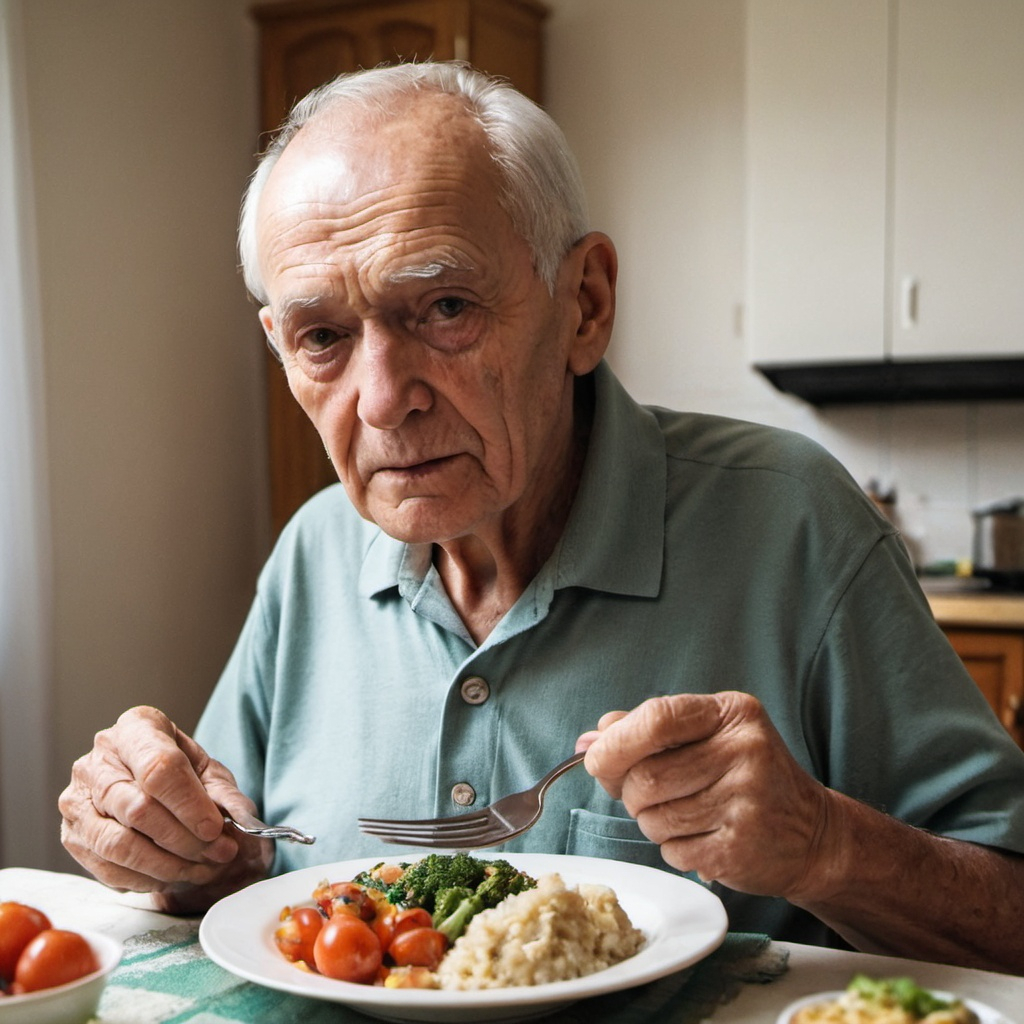Caring for a loved one with Alzheimer’s is a progression of watching more and more of your loved one disappear. You strive to provide dignity and love as they journey through this disease that eventually makes even basic everyday tasks near impossible for the person to manage on their own. One area many late-stage Alzheimer’s patients struggle to manage on their own is eating, and Alzheimer’s care can help.
Why Eating Lessens as the Disease Progresses
For many Alzheimer’s patients, eating decreases as the disease progresses. One reason is that the person becomes less active, possibly sleeping a lot most days, and thus needs fewer calories.
While food provides needed subsistence to the body, many of the other reasons why people eat – connecting with others, enjoying favorite flavors, comfort – are no longer a priority for your loved one. They may also lose the ability to know when they are hungry and, without prompting, will forget to eat.
Encourage Eating with These Tips
It might be trial and error to discover what will help your loved one eat. What might work today may not work tomorrow, so it helps to have several tricks from Alzheimer’s care professionals up your sleeve to use when eating becomes a chore.
- Make sure he’s comfortable. Put on some favorite music, make sure the room temp is comfortable, and try using his favorite cup. All of these little touches help him connect with the process of having a meal.
- Adjust what is served. For some Alzheimer’s patients, chewing becomes less of an ingrained part of eating and some foods can become dangerous for them to eat, such as a tough steak or thick cheese. You might need to consider removing those items from his diet completely or finding new ways to serve them that are easy to chew and swallow. Soft foods are usually the safest bet.
- Start the process to encourage self-feeding. Your loved one may need a little kickstart to feed himself. It might be placing the French fry in his fingers or scooping the yogurt on the spoon and then placing the spoon in his hand.
- Encourage finishing a meal. Just as it might be hard to start eating, your loved one might suddenly just stop feeding himself. Offer gentle encouragement if he has stopped early in the meal by saying things like “Just five more bites and you can be done,” or starting over with placing food in his hands so he’ll begin self-feeding again.
- Offer plenty of fluids. Dehydration is common in late-stage Alzheimer’s patients as they forget to drink so encourage plenty of fluids both during their meals and in-between meals. While water is great, consider adding foods that are high in water like watermelon or flavored ice.
Get Help with Alzheimer’s Care For Your Loved One
Helping your loved one eat properly can be overwhelming, and meals can take a lot longer than they used to, so it might help to have a trained Alzheimer’s care provider come to the home to assist with a meal or two.
Your Alzheimer’s care provider will have suggestions to incorporate into your daily routine to encourage eating and drinking. They can also help monitor your loved one’s weight to ensure he is healthy.
If you or an aging loved one is considering Alzheimer’s Care in Darien, CT, please contact the caring staff at Connecticut Nursing Services today. 203-730-2739


